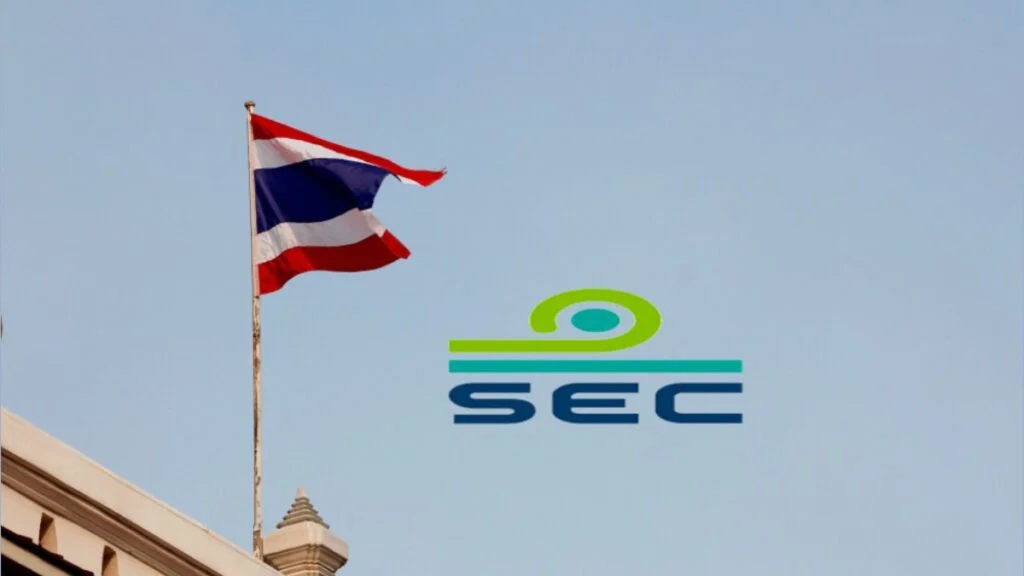The Securities and Exchange Commission (SEC) of Thailand issued new rules for cryptocurrency custody services on Tuesday.

By introducing new regulations for bitcoin custody services, the Securities and Exchange Commission (SEC) of Thailand hopes to better protect cryptocurrency investors.In order to ensure effective custody, the Thai SEC enacted regulations on January 17 requiring virtual asset service providers (VASP) to put up a digital wallet management system.
The new regulations are directed at VASPs or crypto storage service providers (custodians). Three essential needs are listed in the legislation, including the implementation of a policy and set of rules for regulating how digital wallets and private keys are managed in terms of risk.
According to the regulations, VASPs must inform authorities about such policies and present action plans to guarantee compliance.The SEC also asked cryptocurrency custodians to provide policies and processes for creating, developing, and administering digital wallets and keys.
The government will also demand that cryptocurrency custodians have a backup plan in the event that something unexpected happens that might compromise the wallet management system.
“This includes laying out and testing action procedures, designating responsible persons and reporting the event,” the SEC stated, adding:“An audit of system security is also required as well as digital forensic investigation in case of any event affecting the security of systems related to digital asset custody, which could cause significant impacts on clients’ assets.”
The notification states that the new rules were effective on January 16, 2023. Cryptocurrency custodians must completely comply within six months of the law’s taking effect.
Following industry failures like the FTX crash, Thailand’s SEC has announced new crypto restrictions that are in line with its objectives to enact stricter crypto legislation.
According to reports, the authorities opened a fresh inquiry in early January into a local cryptocurrency exchange named Zipmex on the grounds that it was unlicensedly managing digital asset funds.
